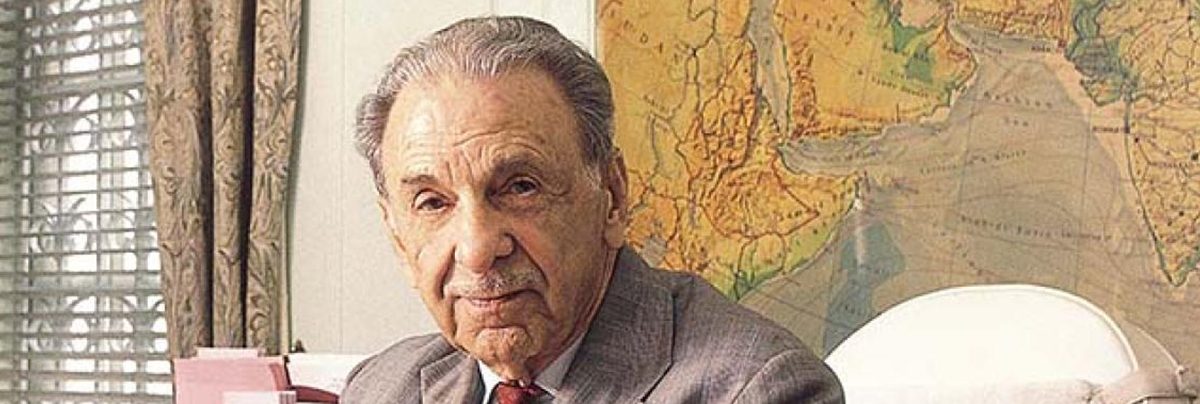Jehangir Ratanji Dadabhoy Tata, better known as JRD Tata, is recognized as a titan of industry and one of India’s most iconic business leaders. As the chairman of Tata Group for over five decades, JRD Tata left an indelible mark on Indian industry and laid the foundation for a multinational conglomerate. While exploring his legacy, one cannot overlook his prudent approach to risk management, which continues to inspire leaders worldwide. Here are some of the key principles on risk management we can learn from JRD Tata.
- Long-Term Vision: JRD Tata always took a long-term approach to business. Even in the face of immediate risks or losses, he maintained his focus on the larger vision. He firmly believed that short-term compromises for immediate gains could risk the long-term health of the business, a principle that is integral to modern risk management strategies.
- Ethical Business Practices: Under JRD Tata’s leadership, the Tata Group was known for its unwavering commitment to ethical business practices. He recognized that while unethical practices might provide short-term gains, they could lead to severe reputational damage and legal issues in the long run. This insight aligns with today’s understanding of risk management, where reputational risk is considered a significant factor.
- Diversification: JRD Tata’s decision to diversify the Tata Group into different industries such as hospitality, IT, and aviation, among others, is an excellent example of risk management. By not relying on a single industry, Tata mitigated the risk associated with market fluctuations in any particular sector.
- Fostering Innovation: Under JRD’s leadership, Tata Group was always at the forefront of innovation. He was not afraid to venture into unchartered territories, as seen with his initiatives like setting up Tata Consultancy Services or starting Air India. However, these calculated risks were always backed by thorough research and planning, a strategy today’s risk managers can learn from.
- Employee Well-being and Social Responsibility: JRD Tata always considered his employees as the backbone of his businesses. By providing better working conditions, he minimized the risk of employee dissatisfaction and labor unrest. Furthermore, by contributing to society, Tata managed the risks associated with corporate social responsibility.
- Robust Corporate Governance: JRD Tata institutionalized strong corporate governance structures within the Tata Group, which contributed to risk mitigation. He instilled a culture of accountability, transparency, and integrity that formed the bedrock for risk management.
- Continuous Learning: JRD Tata believed in continuously learning from experiences, including failures. He viewed setbacks as opportunities to reassess strategies, learn, and grow, a mindset that aligns with the modern approach to risk management.
In conclusion, JRD Tata’s business principles provide timeless lessons in risk management. His focus on long-term vision, ethical business practices, diversification, fostering innovation, employee well-being, social responsibility, robust corporate governance, and continuous learning offer a blueprint for managing risks in any business environment. These lessons from his illustrious career remain as relevant today as they were during his time. Learn more about the principles and practices of enterprise risk management with IRM’s Global ERM Qualifications from Level 1 to 5.














